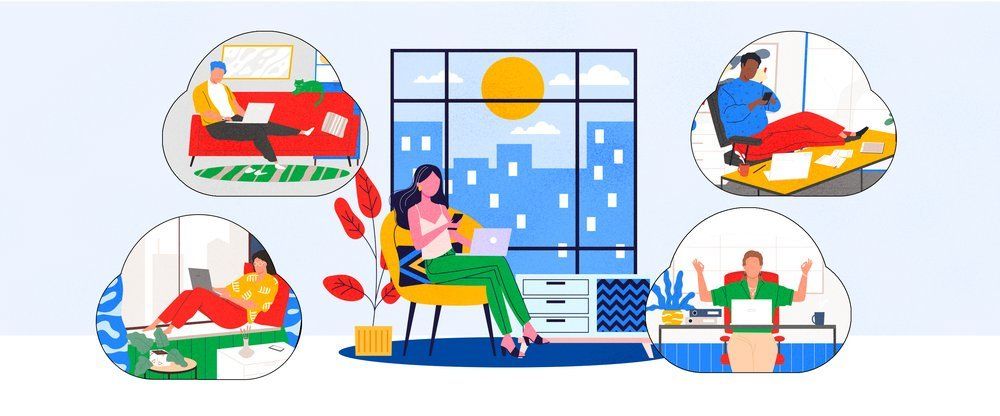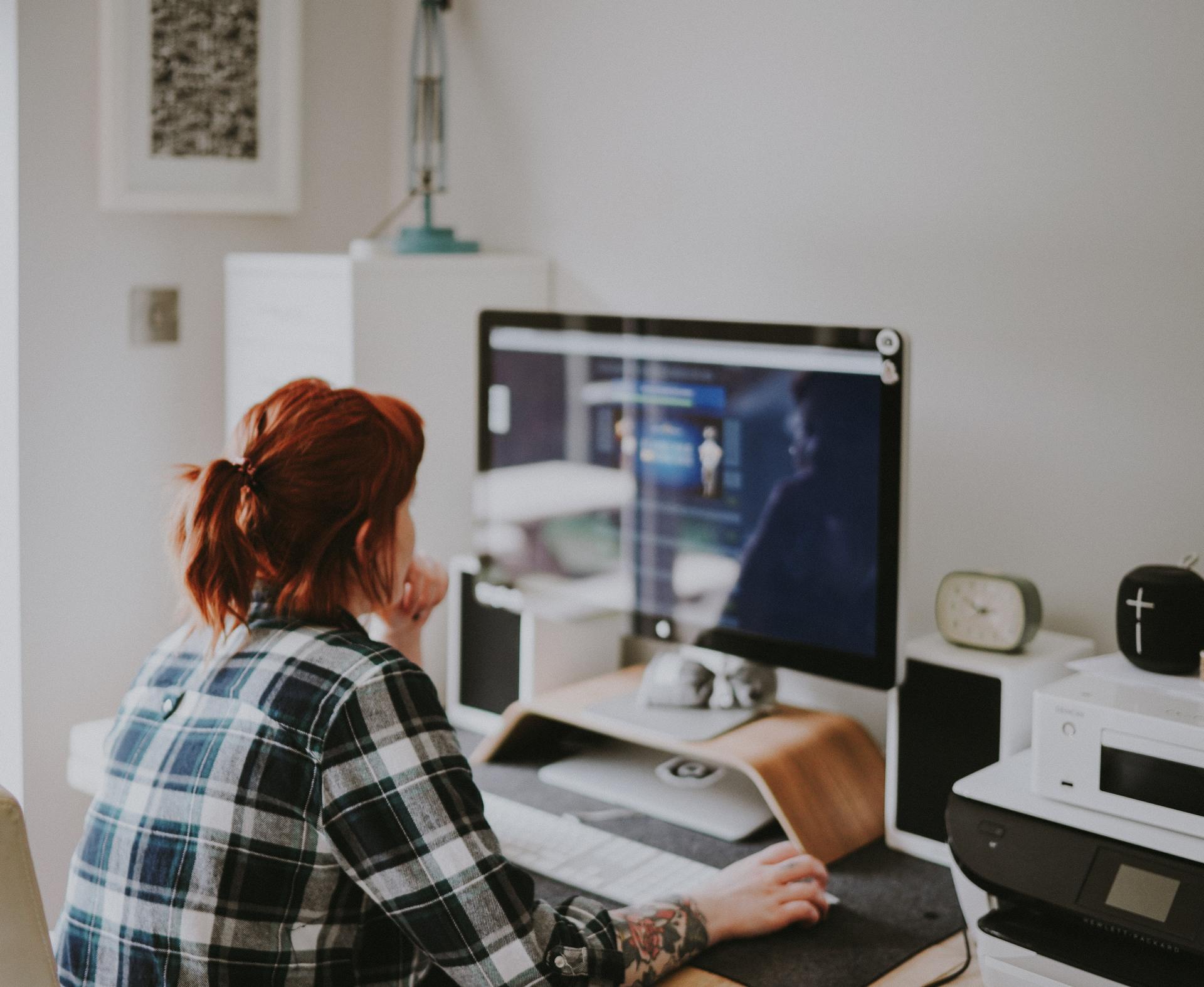I now have co-workers in my office that have never used dial-up Internet. Their first experience with the Internet was over a high-speed connection. We’re now at a point where cable and DSL will soon get their cords cut as well. Google is estimating that
1 billion people will use a wireless device as their primary Internet connection
this year. Wireless speeds are quickly approaching that of their wired counterparts, and the lower infrastructure costs mean service can be extended to more areas. My grandchildren will probably live in a world were they’ve never heard of wired Internet.
Local Storage
The idea of information only being accessible in one place from one device is outdated. Why should I have to wait until I get home to watch a movie I bought when I could watch it on the bus or at my hotel? TOAST.net was one of the first to embrace this idea with our
Apps Plans
. If you have a photo, a document, music, or any other piece of digital information, a hard drive is really a terrible place to keep it. You have to make your own backup copies in case you accidentally delete it, you could lose it if the drive fails, and as mentioned, you’re locked into using that information in only one place. I’ve already got my entire music collection, all of my documents and records, and all of my photos in my own personal Internet vault. If I feel like pulling something up, I can hop on nearly anything connected to the Internet — my phone, a friend’s computer, a public terminal…you name it, and all of my content is available. Using the Internet as your own personal storage is quickly becoming mainstream, and in a few years the notion of storing files locally will be considered passé.
Desktop Computers
They’re big, they’re bulky, they require a dedicated space, and there’s no further reason for them. The desktop computer has been a mainstay since the early 80’s. To this day, when you say “computer”, the first thing people envision is a drab beige tower with a tube monitor and a giant keyboard. Laptops, Ultrabooks, and even tablets can do everything a desktop computer can at about the same price. Furthermore, you don’t need a dedicated space to use them…so you have the freedom factor. Most of the desktop hold-outs are going to be from people hanging on to inherited PC’s and gamers (who like the ability to swap out parts for high-performance pieces).
Physical Media
Having shelves showing off your collection of software, games, CDs, or DVD’s is becoming a foreign concept. Cloud-based software and streaming media are replacing the need to have any physical media. I’m still a bit of a gamer, and truthfully I haven’t ventured into a store to purchase a new game in some time. Services like Steam and Gamefly allow me to download any games I want directly to my computer. The added benefit is I don’t have to hold on to DVD’s that could get damaged or worry about lost instruction manuals and registration codes — the company I bought my game from holds all that for me in a personal on-line library. As far as movies, my kids watch nearly everything on Netflix, Amazon Video, or Pay-per-View now. They have a Blu-ray player, but I don’ t think they’ve watched more than 5 Blu-rays on it…they mostly use the player’s Apps to watch online content. By the time they’re grown, a Blu-ray disc will be seen as “the way people used to watch movies”.
Windows
What??? Windows will be gone??? NO WAY!
I’m going to quickly clarify this by saying Microsoft will probably keep pumping out operating systems for years to come… but they’re going to have to come up with a new name. Android and iPhones have set the tone for the way we interact with computers, and the “App” style of interface is quickly replacing the “Windowed” style interface. Having everything laid out in front of you without navigating menus has a lot of advantages…so many that Windows 8 is debuting it’s new Metro interface based on this concept. I wonder if they’ll change the name of “Windows” to “Apps” eventually?
Mouse
I’ll admit, I love my mouse. It’s accurate, fast, and never lets me down. However, the preferred input method is quickly changing to touch and gestures: touchpads, touch screens, built-in sensors that track hand motions…you can do a lot more with these devices than just moving a cursor and selecting something. The mouse will still have its place (I can’t imagine using something like Photoshop without a mouse), but the majority of the world is becoming touch and gesture based.
Scheduled TV
When is the last time you found yourself rushing home to catch your favorite TV show? The concept of “this show is on at this time” is losing its meaning because of DVRs and streaming video. Instead of waiting for a rerun of a missed show, people are recording them or going to the network’s website to watch. My kids don’t even bother with live TV anymore…it actually annoys them! “Ughh…I can’t fast-forward these commercials!” is the usual complaint when sitting around the TV on a Sunday night. To an increasing number of viewers, the time a TV show airs is irrelevant…it could air at 3am for all they care. Recording it to a DVR allows you to watch it on YOUR schedule, not the network’s. Within the next decade, we’re probably going to have a hybrid Internet/TV offering on-demand viewing. You’ll turn your TV on and get a menu saying “These are all the shows available, choose whatever you want to see”.
 Technology moves fast.
Technology moves fast.







